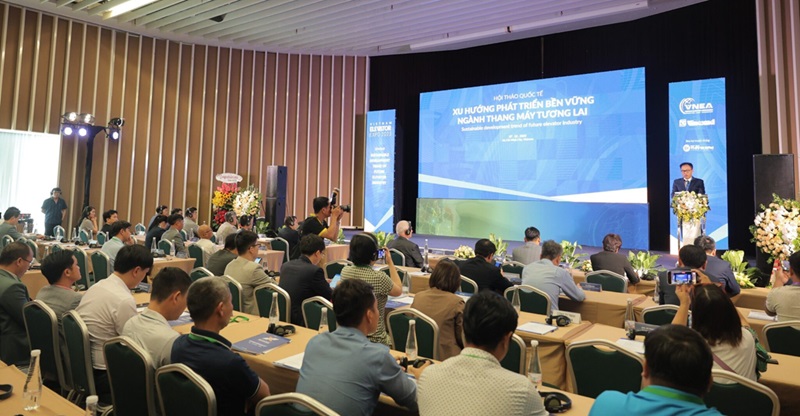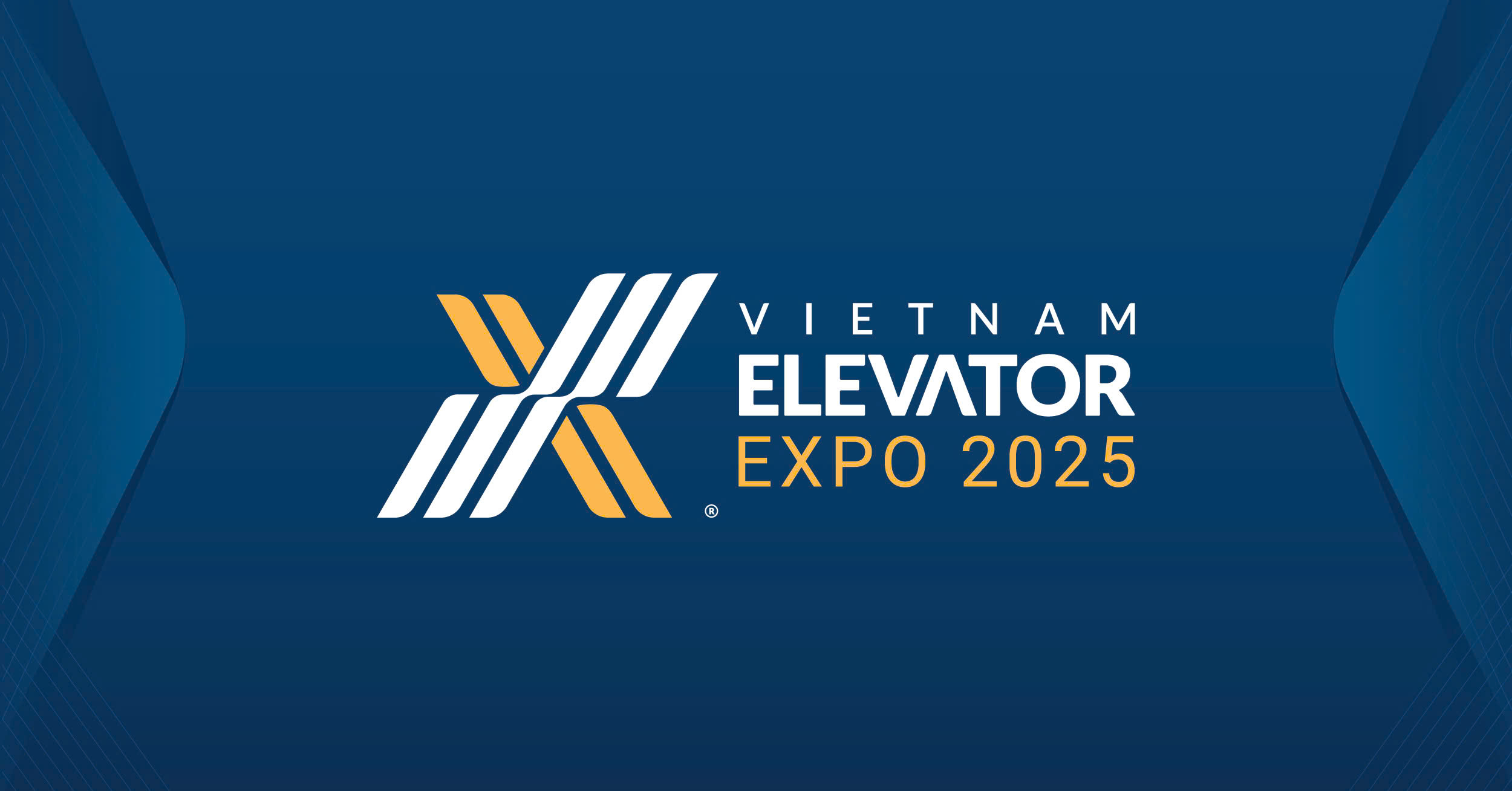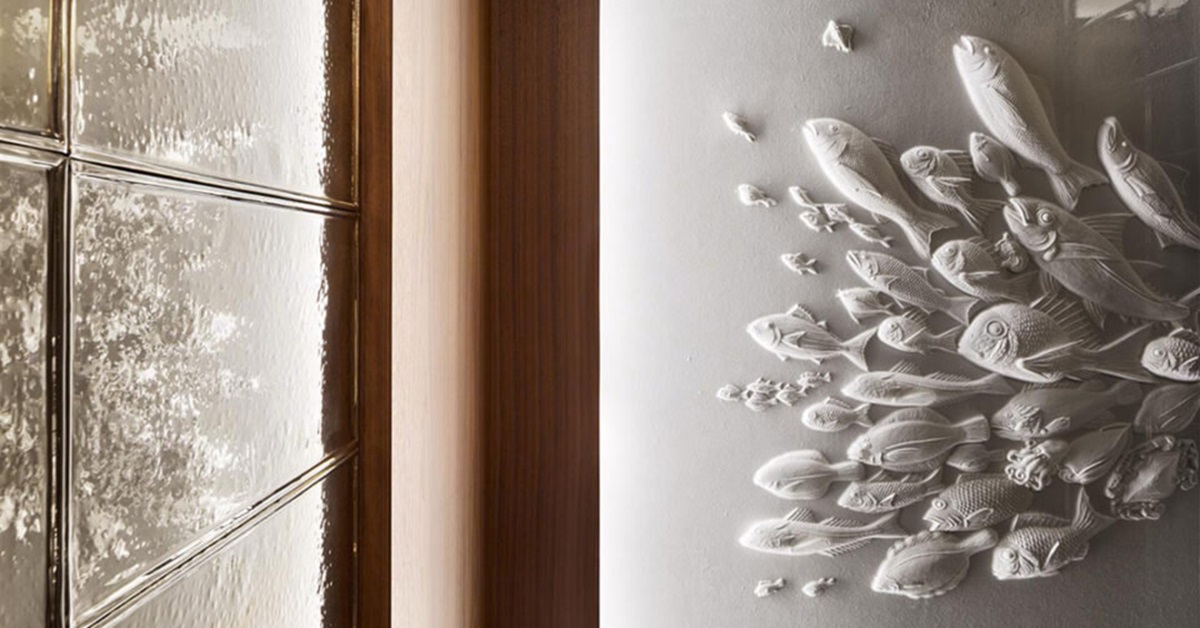EM – “Fish or fishing rod” is an allegory with a profound philosophy about sustainable solutions instead of short-term, immediate things. In general, fish or fishing rods are essential for the development of businesses today. That is, support policies need to be constantly updated and changed to create the best environment for business operations, including the elevator industry.
New story about “fish and rod”
A young man went fishing, on the way back he met a hungry beggar. He gave some fish with the thought that it would help the person overcome a momentary hunger. When this story was told, his friend said that it would be better for the beggar to give a fishing rod and they went back to do good deeds. But after that, the beggar was still starving like he had met the other day.
Another person who heard the new story said that just giving fish, fishing rod is not enough. Need to teach both methods and skills to help him. They even had to hand-pick what bait to use, which tongue to use for each type of fish… They had the same expectation that their “improved” solutions would help the less fortunate beggars meet.
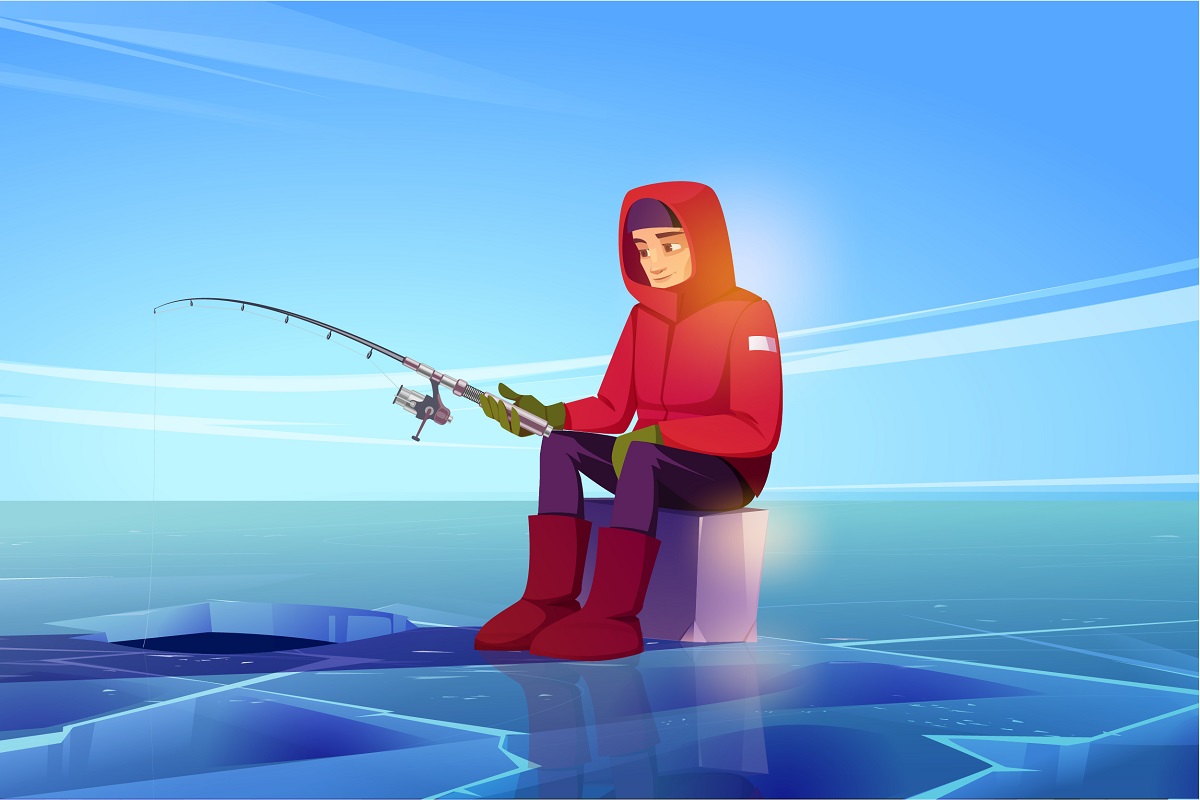
It’s just an allegory to address a very true philosophy: Giving a specific product doesn’t equal a useful solution!
In fact, the policies that the state is implementing are like the “fishing rods” likened in the above story. They are gradually perfected in stages to meet the development of businesses, including the elevator industry as a “fulcrum”.
Where is the “fishing rod”?
Those are specific policies to help businesses stabilize their structure, develop production, and increase sales and profits. The people are rich, the country is new, and the businesses that are rich and developed can contribute to the country and the community.
The campaign “Vietnamese people give priority to using Vietnamese goods” launched in 2009 has brought a “new breeze” in the thinking and determination to act of many businesses. This is the “fishing rod”, promoting a change in the market’s thinking, creating conditions for products made by Vietnamese hands and minds to Vietnamese people. But is that enough?
What will people say when monitoring the bidding results of public procurement projects from central to local levels when more than 99% of imported elevators win the bid? Why did the investor install the terms to eliminate domestically produced goods when it should have given priority to support domestic goods according to the policy of the country?
Or with the supporting industry as the backbone of the industry, many “fishing rods – policies” have been provided, but in reality, they only have “spiritual encouragement” because businesses are very active, difficult to access. Specifically, tax incentives in Law No. 71 amending and supplementing a number of articles of the tax laws. This offer is for supporting businesses established from 2015 or later, but in reality, the number of these businesses is very small. Therefore, the effect applied to supporting industry enterprises is almost very small, not meeting the expectations and expectations of businesses that have been operating for many years in this field.
And so, accidentally, the policies are still “on paper”, as well as having a “fishing rod”, but businesses are still “hungry”.
Businesses need more fishing rods than fish
Data from the General Statistics Office shows that, in 2021, there will be nearly 55 thousand enterprises temporarily suspending business (increasing by 18% compared to 2020); 48.1 thousand enterprises stopped operating and waited for dissolution procedures (up 27.8%). This has shown the negative impact of the Covid-19 epidemic on the situation of production and business activities in the country. Recently, the impact of the Russian-Ukrainian conflict has disrupted part of the global supply chain, causing difficulties for shipping, and adversely affecting the production and business activities of enterprises in the world globally, including Vietnam.
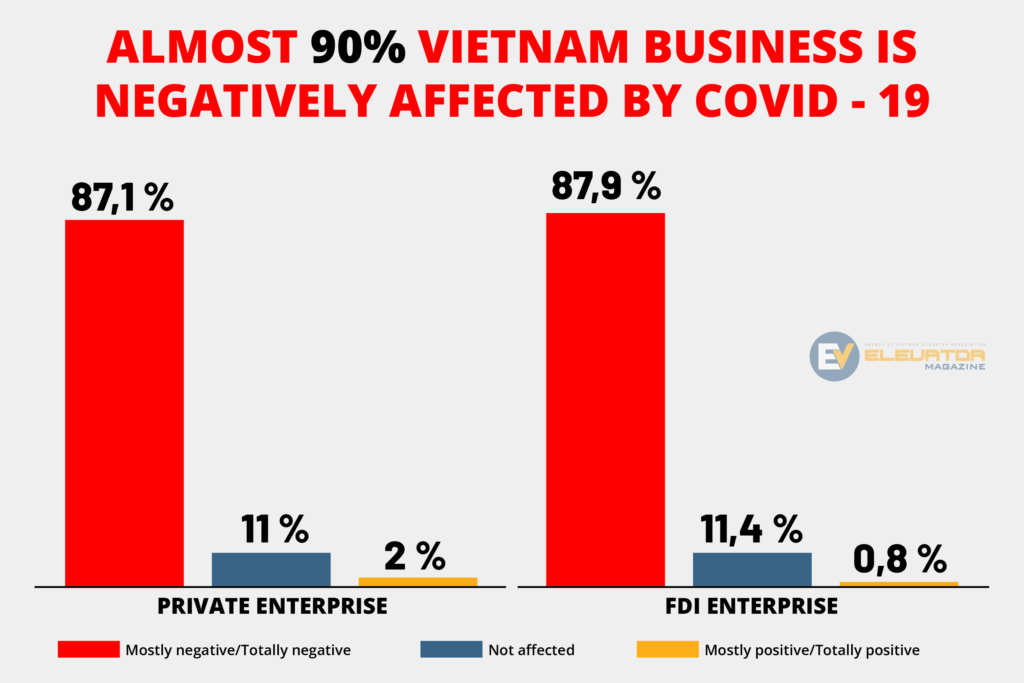
In that context, the state also provided “fish”, which is the money to directly support workers at enterprises who lost their jobs. Is to distribute food and necessities for disadvantaged workers. It is to promote organizations and individuals to carry out campaigns to “rescue” goods for businesses…
But that will also only be a temporary solution. What businesses need after the “sick” and the long-term and sustainable development process later are the “fishing rods – policies”, a practical, in-depth and easy-to-access investment and production environment reality.
Firstly, businesses need “fishing rods” to create motivation and a sustainable development environment for businesses. For example, long-term, transparent, and equal support policies for production development … both create conditions for new businesses to enter the market and create a launching pad for old businesses to develop
Second – Reduce personnel costs. State support cannot be unlimited. It is not possible to provide “fish” for businesses forever, causing the budget to dry up. The support clearly has a very positive impact so that the business can overcome the immediate difficulties and develop. But in the long run, the support can make businesses rely on, expect support from the budget, leading to an invisible inertia that holds businesses that cannot “stand on their feet” to develop. Thus, the support will not be able to fulfill the inherent mission but also contribute to “weak” the business and increase the budget deficit. Therefore, businesses that want to be “healthy” must actively plan appropriate and effective development strategies. These are solutions to gradually reduce budget expenditure, enhance socialization of investment, and promote the dynamism of enterprises in the development process.
Third – Appropriate non-tariff barriers. At the present stage, when the Free Trade Agreements are signed, it has “broken” the hard border between countries. The world becomes “flatter”, pushing the import tax rate to zero. The competition is huge. According to the terms of the FTA, we absolutely have “equivalent measures” with non-tariff barriers, based on the market situation and production capacity to protect domestic products and goods but do not violate them. international practice. In order to have these barriers while still respecting FTA conditions, it is necessary to consult regional countries and professional associations to connect with relevant ministries and sectors to develop appropriate, long-term policies…
For the elevator industry, first we need equality in business. Most foreign enterprises entering the Vietnamese market for non-profit purposes currently do not have or do not have a long-term and sustainable development plan. But they have strengths in capital, strategic marketing advantages, and good management skills. In such a situation, the “fishing rod” is the strict regulation of steps for foreign enterprises producing and doing business in Vietnam to commit to the technology transfer roadmap. Imported components and equipment must be inspected and supervised according to strict regulations and standards. …
Along with that, supplementing regulations on quality supervision, arranging long-term pre-inspection for all types of imported and domestically produced elevators. In recent years, the speed of development of Vietnam Standard is still low, and many documents of ministries and branches have not been revised and supplemented, not keeping up with the development of technology and the market. If we can improve national standards and apply strict pre-check measures, we can both limit imported products of low quality and stimulate domestic products to achieve acceptable quality that can compete with imported goods. This move is also a move to strictly control the quality of both imported and domestically produced goods in the elevator industry, creating a level playing field, fair and transparent…
The institutions and policies that create the environment will become more and more favorable, that is for sure. This means that the “fishing rods” equipped for businesses will be better to catch more “big fish”. It will not only be about catching fish, but the question will be where to fish in which vast “oceans” in the future? That will need great efforts of businesses, both to carry out their mission and contribute to policy formulation for the development of the elevator industry and the prosperity of the nation./.
Le Hung
